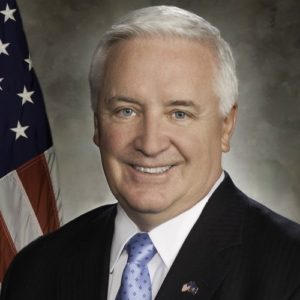SNAP Asks PA Delegation to Protect Safety-Net Hospitals in Budget Talks
As the congressional budget conference committee begins its work, SNAP has asked members of Pennsylvania’s congressional delegation to urge their colleagues serving on the committee to protect the state’s safety-net hospitals from any further Medicare and Medicaid cuts.
 In the message, SNAP notes the significant Medicare and Medicaid cuts the state’s safety-net hospitals have already suffered and warns that further cuts could jeopardize access to care in communities across the commonwealth.
In the message, SNAP notes the significant Medicare and Medicaid cuts the state’s safety-net hospitals have already suffered and warns that further cuts could jeopardize access to care in communities across the commonwealth.
Read SNAP’s message to the Pennsylvania congressional delegation here, on the SNAP web site.







